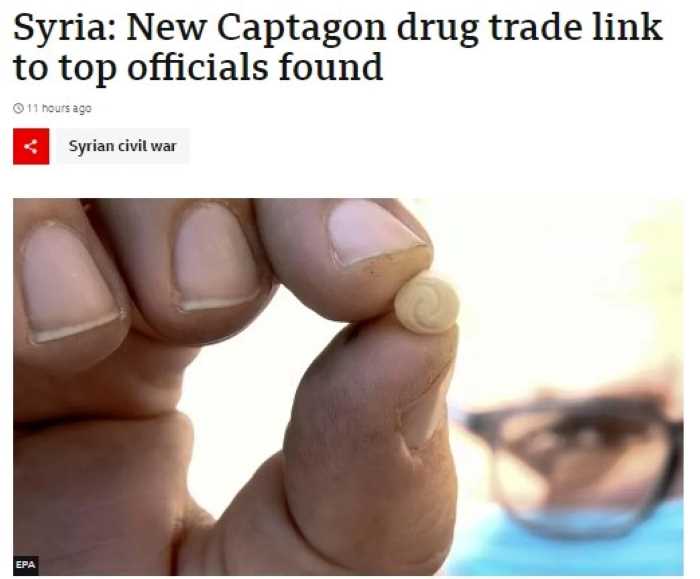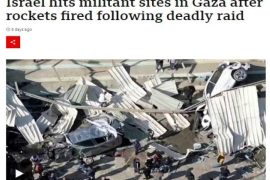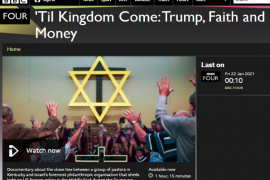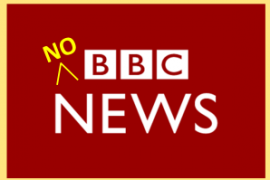Over the past two-and-a-half years we have repeatedly documented the BBC’s failure to adequately inform its audiences of the links of the Syrian regime and its Hizballah allies to drug trafficking:
SUPERFICIAL BBC REPORT ON HIZBALLAH DRUG TRAFFICKING
BBC NEWS AGAIN SKIRTS THE TOPIC OF HIZBALLAH DRUG TRAFFICKING
OMISSIONS IN BBC REPORT ON ARAB LEAGUE REINSTATEMENT OF SYRIA
BBC ERASURE OF HIZBALLAH FROM SYRIA DRUG TRAFFICKING STORY PERSISTS
On June 27th the BBC finally rectified those years of omission (and even amplification of Hizballah denials) by publishing a report headlined “Syria: New Captagon drug trade link to top officials found”.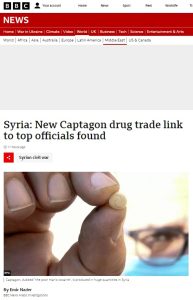
Credited to Emir Nader of BBC Arabic, the written report tells readers that:
“New direct links between the multi-billion dollar Captagon drug trade and leading members of the Syrian Armed Forces and President Bashar al-Assad’s family have been revealed in a joint investigation by BBC News Arabic and the investigative journalism network OCCRP. […]
In March, Britain, the United States and the European Union imposed sanctions on a list of people – including two cousins of President Assad – suspected of involvement in the Captagon trade. But the BBC’s investigation, deep inside Syria’s narco-state, has found evidence indicating the involvement of other senior Syrian officials in addition to those already included in that list. […]
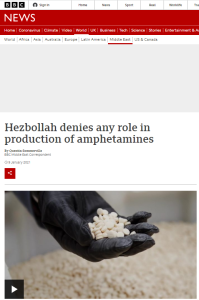
Hezbollah’s fighters have played a key role in helping the Syrian government turn the tide in the civil war and are reported to have a presence throughout Syria. They have long been accused of involvement in drug trafficking, but have always denied it.
Speaking to us from exile, a Syrian journalist from the Suweida area explained: “Hezbollah is involved but is very careful not to have its members playing key roles in transporting and smuggling the merchandise.””
According to Nader, work on this report and the accompanying filmed documentary has been going on “[o]ver the past year”. One must therefore wonder why as recently as last month readers of BBC content were still being told that “[g]rowing poverty and lack of job opportunities saw many turn to the drug trade”.
Now that the BBC has finally reported on this issue, it is clearly time for it to update its profile of Hizballah which has been left dormant for over seven years.

